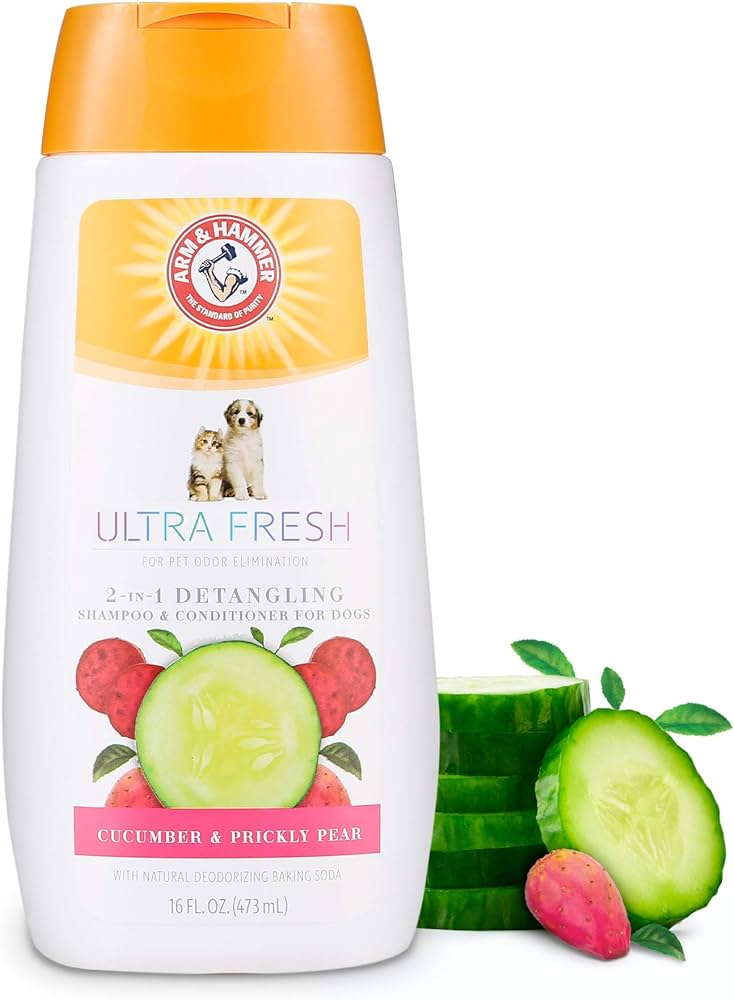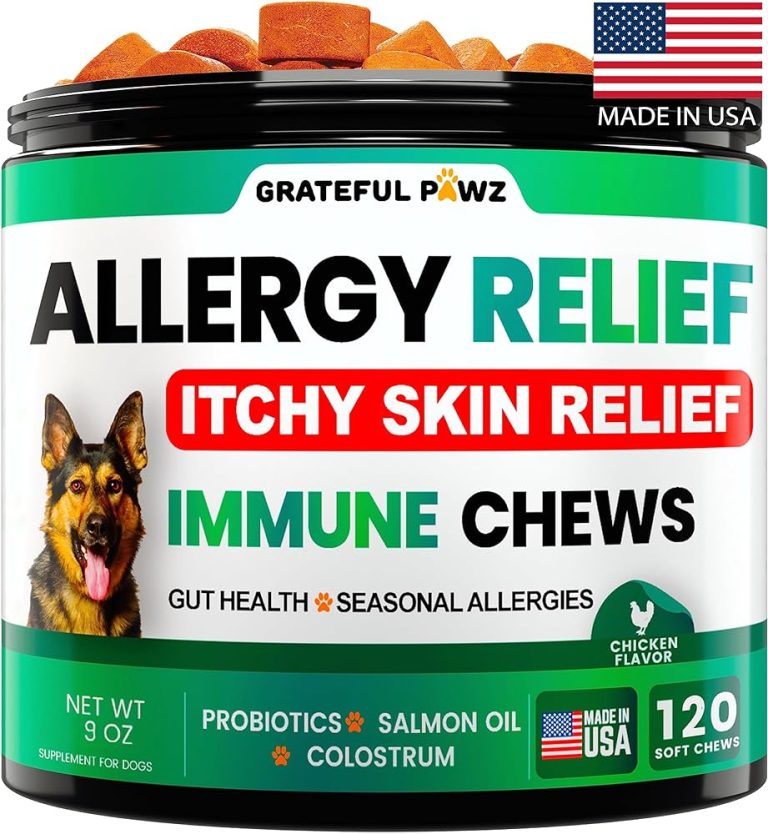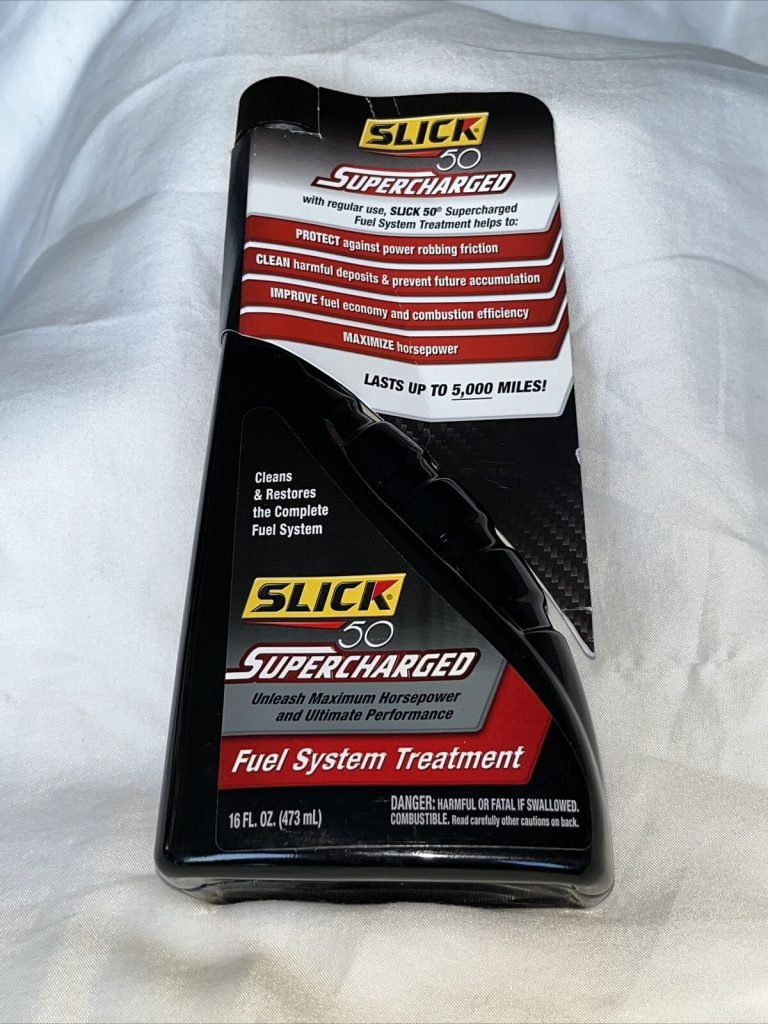9 Best Decongestants for Ears: Expert Picks for Quick Relief and Comfort
Feeling like your ears are stuffed with cotton can be frustrating and even painful. Whether it’s due to allergies, a cold, or sinus issues, ear congestion can disrupt your daily life. Luckily, you don’t have to suffer in silence.
We’ve rounded up the 9 best decongestants for ears to help you find relief quickly and effectively. From over-the-counter options to natural remedies, there’s something here for everyone. Dive in to discover which solutions can help you hear clearly again and get back to feeling your best.
1. Best Overall Decongestant for Ears
Choosing the right decongestant can make a huge difference in relieving ear congestion. Let’s dive into what makes the best overall option stand out.
Benefits and Uses
Relieves Pressure: The top decongestant for ears quickly reduces pressure, offering immediate relief.
Clears Mucus: It effectively clears mucus, preventing blockages that can cause discomfort.
Eases Pain: This decongestant alleviates ear pain, making it easier for you to carry on with daily activities.
Improves Hearing: By reducing congestion, it helps improve your hearing clarity, minimizing any muffled sounds.
Key Ingredients and Effectiveness
Pseudoephedrine: Known for its potency, pseudoephedrine rapidly constricts blood vessels, reducing swelling and congestion.
Guaifenesin: This expectorant thins mucus, making it easier to expel and further decreasing congestion.
Natural Oils: Ingredients like eucalyptus oil and menthol provide soothing effects and help open up the nasal passages, indirectly easing ear congestion.
Antihistamines: Commonly found in the best decongestants, these components help manage allergic reactions that contribute to ear blockage.
2. Top Natural Decongestant for Ears
Natural decongestants can be just as effective as their over-the-counter counterparts. They often have fewer side effects, making them a great choice for relieving ear congestion.
Herbal Ingredients and Safety
Herbal ingredients like garlic oil, tea tree oil, and mullein drops are popular for relieving ear congestion. Garlic oil contains antimicrobial properties that help reduce inflammation and fight infections. Tea tree oil, with its antiseptic qualities, can alleviate congestion and prevent infections. Mullein drops soothe pain and reduce swelling.
Always use high-quality oils to avoid contamination. Test for allergies by applying a small amount to your skin before using in your ears. Consult a healthcare provider if you’re pregnant, nursing, or have any health conditions.
How to Use for Maximum Effect
Using natural decongestants correctly can maximize their benefits. Warm the oil slightly before applying to enhance absorption. Use a dropper to place a few drops into the affected ear. Tilt your head to let the oil travel deeper into the ear canal. After about five minutes, tilt your head to the opposite side to drain out any excess oil.
Do this twice a day for optimal relief. Avoid introducing instruments like cotton swabs into the ear canal, as they can push the blockage further in or cause irritation.
3. Best Decongestant for Ears for Fast Relief
Fast relief from ear congestion is essential for those experiencing discomfort. Below are key aspects of the best decongestants for quick results.
Active Ingredients for Quick Results
Effective decongestants often contain specific active ingredients known for providing quick relief. Pseudoephedrine is one of the most common; it shrinks swollen nasal tissues and opens up Eustachian tubes, reducing pressure in your ears. Guaifenesin is another ingredient; it helps thin mucus, making it easier for your body to clear blockages. Nasal sprays with oxymetazoline provide localized relief quickly by reducing swelling in nasal passages, indirectly relieving ear pressure. Antihistamines like diphenhydramine are also beneficial; they manage symptoms caused by allergies that can lead to ear congestion.
Recommended Dosage and Precautions
Adhering to the recommended dosage ensures you get safe and effective results. For pseudoephedrine, take a maximum of 240 mg per day, divided into smaller doses, as per the manufacturer’s instructions. Guaifenesin is typically safe at up to 2400 mg daily, split into several doses. Avoid using oxymetazoline nasal sprays for more than three days to prevent rebound congestion. As for antihistamines, follow the specified dosage, usually one 25-50 mg tablet every 4-6 hours, as per your needs and the label’s instructions. Always consult with your healthcare provider before starting any new medication to ensure it’s suitable for you.
4. Top Decongestant for Children’s Ear Congestion
Pediatric Safety and Dosage
Ensuring pediatric safety is paramount when selecting a decongestant for children’s ear congestion. Always consult with your child’s pediatrician before starting any treatment. The American Academy of Pediatrics (AAP) recommends avoiding over-the-counter decongestants for children under four years old. Instead, opt for natural remedies or saline solutions for younger children. For kids aged 4-11, medications containing ingredients like pseudoephedrine or phenylephrine can be considered but must be administered according to the dosage instructions on the package.
Common dosages include:
| Age Range | Medication | Dosage |
|---|---|---|
| 4-5 years | Pseudoephedrine | 15 mg every 4-6 hours |
| 6-11 years | Phenylephrine | 10 mg every 4 hours |
Tips for Administering to Children
Administering decongestants to children can be challenging, but with the right approach, it becomes manageable. Start by explaining to your child why they need the medicine, making the process less intimidating. Use a dosing syringe for liquid medications to ensure accuracy. Encourage your child to sit upright or slightly reclined, and gently insert the syringe towards the inside cheek to avoid gagging.
Offer a favorite drink or treat immediately after administering the medicine to create a positive association. Monitor your child for any side effects, such as increased heart rate or irritability, and report these to your pediatrician promptly. Always stick to the prescribed dosages to avoid potential health risks.
5. Best Long-Lasting Decongestant for Ears
Duration of Effectiveness
When you need extended relief from ear congestion, a long-lasting decongestant is your best bet. Products containing pseudoephedrine or oxymetazoline are known for their extended effectiveness, often providing relief for up to 12 hours. Opting for sustained-release formulations can ensure you won’t need to re-dose frequently, maintaining steady relief throughout the day or night. Look for labels indicating ‘extended release’ or ’12-hour formula’ to ensure you’re choosing the right product for prolonged effectiveness.
When and How Often to Use
It’s crucial to follow dosing instructions precisely to maximize the benefits and minimize potential side effects. Typically, long-lasting decongestants are taken once or twice daily, depending on the specific product guidelines. Always take these decongestants with water and avoid taking them too close to bedtime as they might cause restlessness or insomnia. Additionally, consult with your healthcare provider before prolonged use to ensure it’s appropriate for your situation, especially if you have underlying health conditions like hypertension. Frequent overuse can lead to tolerance and reduced efficacy, so adhere strictly to recommended dosages.
6. Most Accessible Decongestant for Ears
Finding a decongestant that’s easy to access and budget-friendly can make a big difference when you’re dealing with ear congestion.
Availability and Cost
Look for decongestants that are widely available both in-store and online. Brands like Mucinex and Sudafed are often found in local pharmacies, supermarkets, and major online retailers like Amazon. Generally, these options range between $10 to $20, offering an affordable solution without compromising on quality. Store brands, such as those from Walgreens or CVS, often provide a more cost-effective alternative. Keep an eye out for sales and discounts to further reduce your expenses.
Comparison with Other Brands
Compare popular and accessible decongestants to determine the best option. Mucinex and Sudafed are well-known for their effectiveness in relieving congestion, but other brands like Afrin and Vicks offer similar benefits. Mucinex features guaifenesin, an expectorant that thins mucus, making it easier to clear. Sudafed contains pseudoephedrine, which reduces swelling in nasal passages and helps relieve ear pressure. Afrin provides fast relief with oxymetazoline, while Vicks Sinex delivers a combination of decongestants and soothing menthol. When selecting a decongestant, consider the active ingredients that best match your symptoms and the availability at your local store or preferred online platform.
7. Top Oral Decongestant for Ears
When ear congestion strikes, oral decongestants provide fast and effective relief, helping you get back to your day.
Pills vs. Liquid Forms
Choosing between pills and liquid forms depends on your preference and convenience. Pills are easy to take and often come in extended-release formats that provide longer relief. Liquid forms are quicker to ingest and can be easier for those who have difficulty swallowing pills. Both options generally contain the same active ingredients, such as pseudoephedrine or phenylephrine, ensuring effective congestion relief.
Advantages of Oral Administration
Oral decongestants like Sudafed can offer several advantages compared to other forms. They work systemically, reducing swelling in the nasal passages and eustachian tubes, which helps drain fluid from the ears. This systemic approach ensures comprehensive relief, often quicker and more consistent than topical treatments. Oral decongestants are also convenient to carry and use, making them ideal when you’re on the go.
8. Best Nasal Spray Decongestant for Ears
If you’re looking for a nasal spray to relieve ear congestion, consider options specifically designed to clear nasal passages and improve ear functions.
Mechanism of Action
Nasal sprays work by delivering decongestant directly to your nasal tissues, reducing swelling and mucus build-up. This action helps open the eustachian tubes, connecting your middle ear to the back of your nose, by decreasing the pressure and breaking up blockages. Ingredients like oxymetazoline or xylometazoline in these sprays constrict blood vessels in the nasal passages, providing quick relief from ear congestion. This direct delivery system ensures fast and targeted action, making it effective for immediate symptoms relief.
User Guidelines and Side Effects
Use nasal spray decongestants as directed on the label to avoid overuse, which can lead to rebound congestion or worsened symptoms. Typically, you shouldn’t use nasal sprays for more than 3 to 5 days. Aim the spray nozzle towards the back of your nose while avoiding contact with your septum to prevent irritation. Be aware of potential side effects such as temporary burning, stinging, increased nasal discharge, or dryness. In rare cases, nasal sprays may cause dizziness or elevated heart rates. If you experience severe side effects or irritation, discontinue use and consult your healthcare provider.
9. Leading Decongestant for Ears with Antihistamines
Benefits for Allergy-Related Ear Congestion
Antihistamines are incredibly effective for ear congestion caused by allergies. They reduce the body’s histamine response, relieving symptoms like itching, swelling, and fluid build-up in your ears. By mitigating allergic reactions, antihistamines help clear your eustachian tubes and improve ear health. For example, products like Claritin and Zyrtec can provide substantial relief during allergy season. These medications not only alleviate ear congestion but also reduce other allergy symptoms, providing comprehensive relief.
Considerations and Contraindications
Before using antihistamines, consider any potential side effects such as drowsiness or dry mouth. Some antihistamines can also interact with other medications, so it’s crucial to consult your healthcare provider. Additionally, they may not be suitable for individuals with certain health conditions, like glaucoma or urinary retention. Always review the instructions and warnings on the packaging. Avoid doubling up on antihistamines from different brands to prevent overdose.
Conclusion
Finding the right decongestant for ear congestion can significantly improve your comfort and overall well-being. Whether you opt for over-the-counter medications or natural remedies, there are effective solutions available to meet your needs. Always consider the ingredients and their benefits to choose the best option for your specific condition. Remember to consult with a healthcare professional if you have any concerns or if symptoms persist. With the right approach, you can alleviate ear congestion and enjoy clearer hearing and reduced discomfort.






